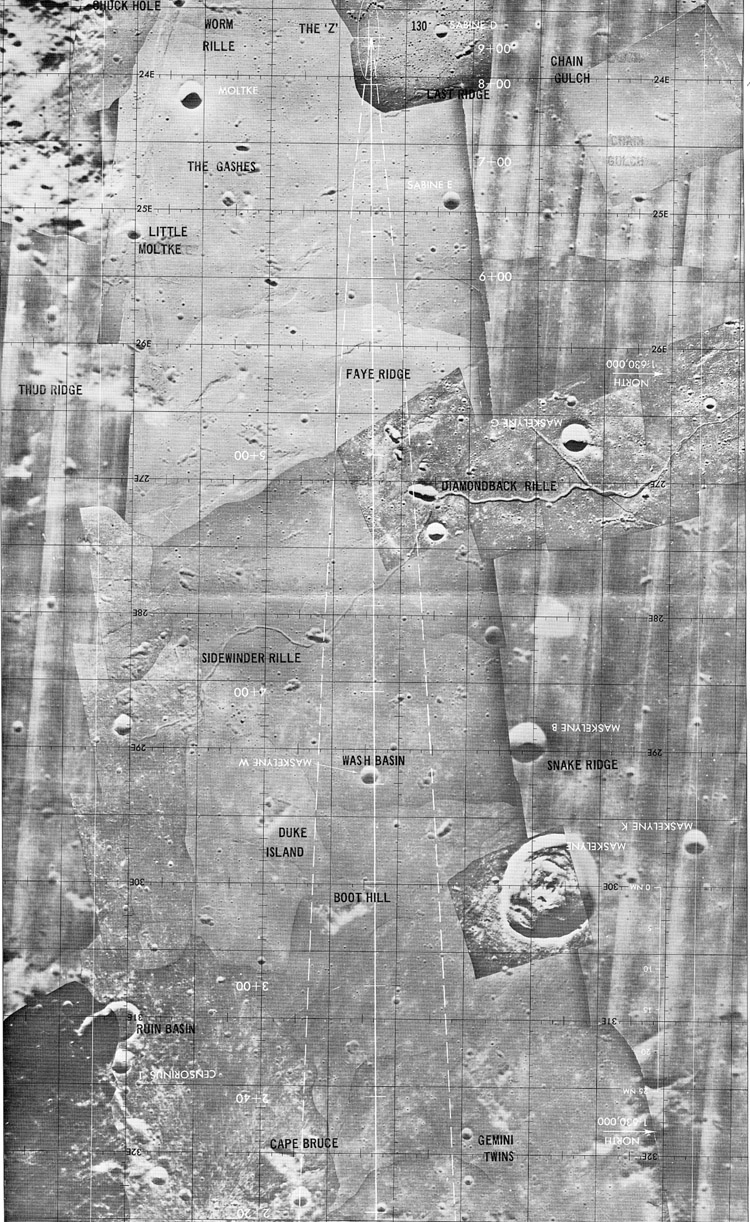Difference between revisions of "May 8, 2011"
| Line 1: | Line 1: | ||
__NOTOC__ | __NOTOC__ | ||
=Monday Morning Quarterbacking, 4 Decades Later= | =Monday Morning Quarterbacking, 4 Decades Later= | ||
| − | |||
<!-- ws:start:WikiTextHeadingRule:0:<h1> --> | <!-- ws:start:WikiTextHeadingRule:0:<h1> --> | ||
<!-- ws:start:WikiTextLocalImageRule:6:<img src="/file/view/LPOD-May8-11.jpg/226405574/LPOD-May8-11.jpg" alt="" title="" /> -->[[File:LPOD-May8-11.jpg|LPOD-May8-11.jpg]]<!-- ws:end:WikiTextLocalImageRule:6 --><br /> | <!-- ws:start:WikiTextLocalImageRule:6:<img src="/file/view/LPOD-May8-11.jpg/226405574/LPOD-May8-11.jpg" alt="" title="" /> -->[[File:LPOD-May8-11.jpg|LPOD-May8-11.jpg]]<!-- ws:end:WikiTextLocalImageRule:6 --><br /> | ||
| − | <em>image from [http://next.nasa.gov/alsj/a11/images11.html Apollo 11 Image Library]</em><br /> | + | <em>image from [http://next.nasa.gov/alsj/a11/images11.html" rel="nofollow Apollo 11 Image Library]</em><br /> |
<br /> | <br /> | ||
You would think that the approach map for the very first landing on the Moon would be the best possible, but as this image shows it was a mish-mash that actually distracts from the task - making sure the Eagle was headed for its planned touchdown site. Presumably this was made from the best images that were available, but the different lighting for different image snippets and the extremely poor matching of edge tones is remarkable. This did represent the technology of the time, but perhaps also the haste. The underlying image seems to be a printed map that gives crater names upside down compared to the direction of approach - could we not have printed a special map for this once in a planet's history event? The tools that the Apollo 11 astronauts had were primitive compared to what we have today. And yet they could successfully reach the Moon and return, and we can't.<br /> | You would think that the approach map for the very first landing on the Moon would be the best possible, but as this image shows it was a mish-mash that actually distracts from the task - making sure the Eagle was headed for its planned touchdown site. Presumably this was made from the best images that were available, but the different lighting for different image snippets and the extremely poor matching of edge tones is remarkable. This did represent the technology of the time, but perhaps also the haste. The underlying image seems to be a printed map that gives crater names upside down compared to the direction of approach - could we not have printed a special map for this once in a planet's history event? The tools that the Apollo 11 astronauts had were primitive compared to what we have today. And yet they could successfully reach the Moon and return, and we can't.<br /> | ||
<br /> | <br /> | ||
| − | <em>[mailto:tychocrater@yahoo.com Chuck Wood]</em><br /> | + | <em>[mailto:tychocrater@yahoo.com" rel="nofollow Chuck Wood]</em><br /> |
<em>WIll be in Seattle, WA Sunday thru Wednesday at a meeting; will hope to get a fresh LPOD every day...</em><br /> | <em>WIll be in Seattle, WA Sunday thru Wednesday at a meeting; will hope to get a fresh LPOD every day...</em><br /> | ||
<br /> | <br /> | ||
| Line 16: | Line 15: | ||
<strong>Related Links</strong><br /> | <strong>Related Links</strong><br /> | ||
Rükl plate [http://the-moon.wikispaces.com/R%C3%BCkl+35 35]<br /> | Rükl plate [http://the-moon.wikispaces.com/R%C3%BCkl+35 35]<br /> | ||
| − | Full resolution scan [http://next.nasa.gov/alsj/a11/A11DesMonChrt3A-1LBL.jpg here]<br /> | + | Full resolution scan [http://next.nasa.gov/alsj/a11/A11DesMonChrt3A-1LBL.jpg" rel="nofollow here]<br /> |
And thanks to Maurice Collins who recently brought this image to my attention!<br /> | And thanks to Maurice Collins who recently brought this image to my attention!<br /> | ||
<br /> | <br /> | ||
<hr /> | <hr /> | ||
Revision as of 21:16, 4 January 2015
Monday Morning Quarterbacking, 4 Decades Later

image from " rel="nofollow Apollo 11 Image Library
You would think that the approach map for the very first landing on the Moon would be the best possible, but as this image shows it was a mish-mash that actually distracts from the task - making sure the Eagle was headed for its planned touchdown site. Presumably this was made from the best images that were available, but the different lighting for different image snippets and the extremely poor matching of edge tones is remarkable. This did represent the technology of the time, but perhaps also the haste. The underlying image seems to be a printed map that gives crater names upside down compared to the direction of approach - could we not have printed a special map for this once in a planet's history event? The tools that the Apollo 11 astronauts had were primitive compared to what we have today. And yet they could successfully reach the Moon and return, and we can't.
" rel="nofollow Chuck Wood
WIll be in Seattle, WA Sunday thru Wednesday at a meeting; will hope to get a fresh LPOD every day...
Technical Details
From Apollo 11 Image Library by Eric M. Jones and Ken Glover, with original image scanned by Stephen Tellier, Lunar and Planetary Institute.
Related Links
Rükl plate 35
Full resolution scan " rel="nofollow here
And thanks to Maurice Collins who recently brought this image to my attention!



